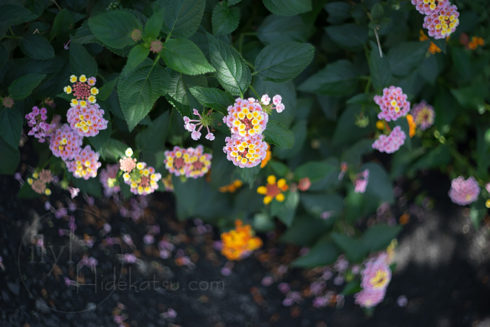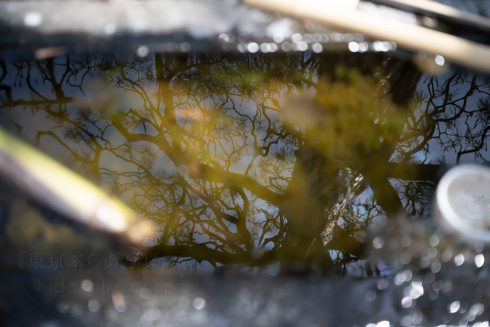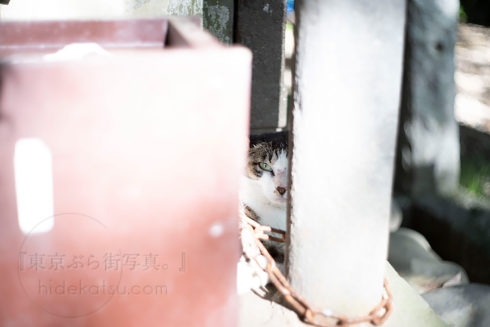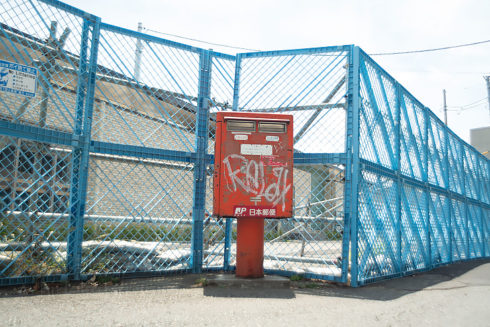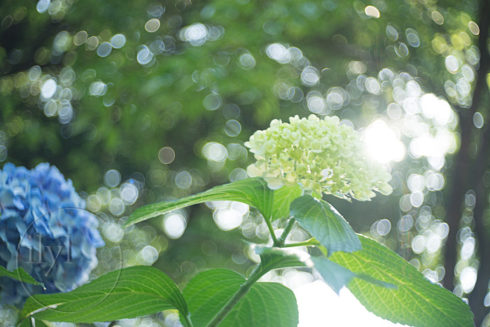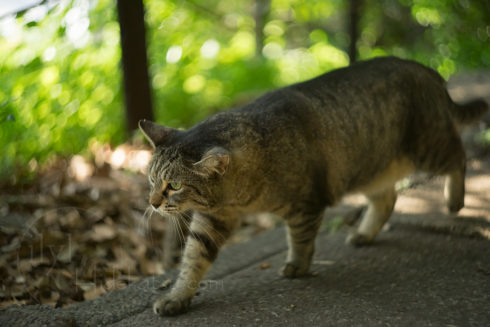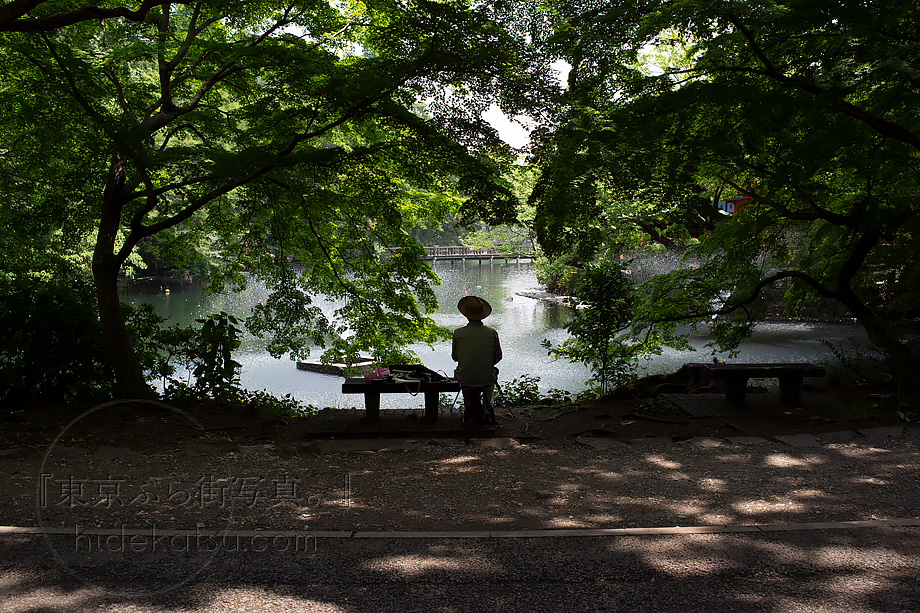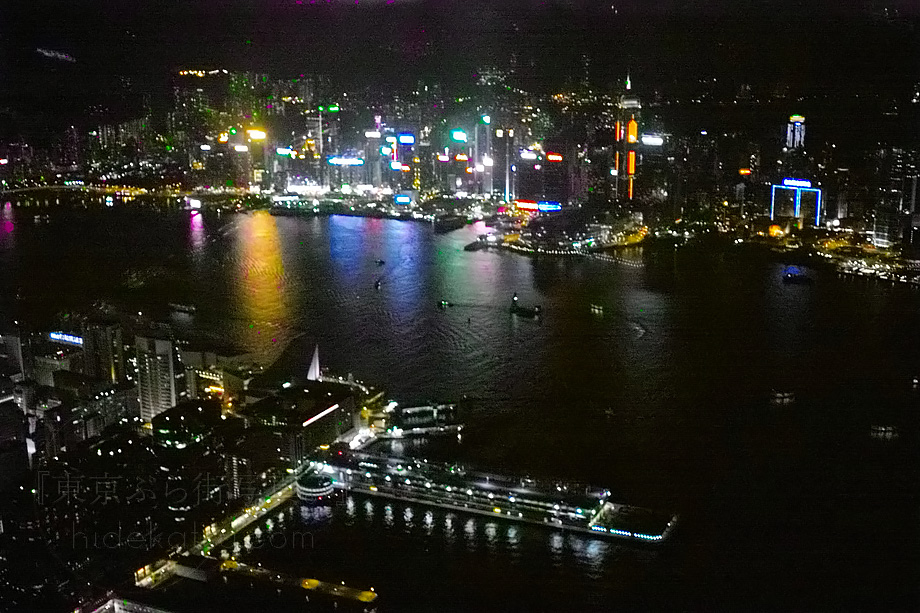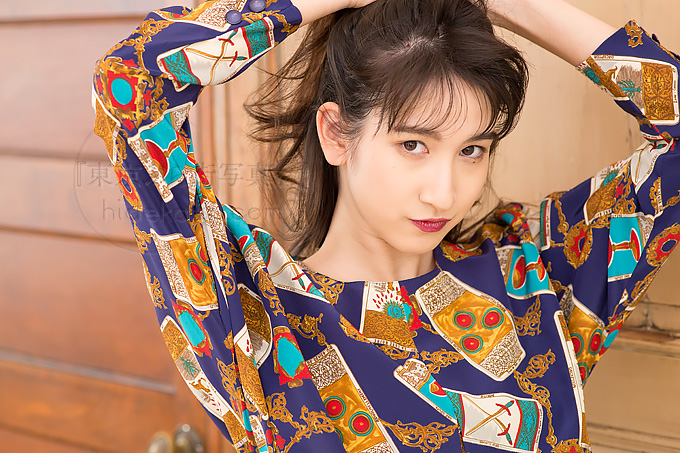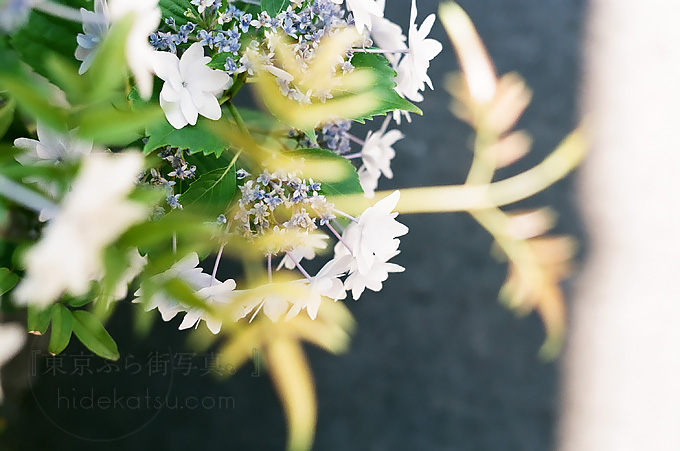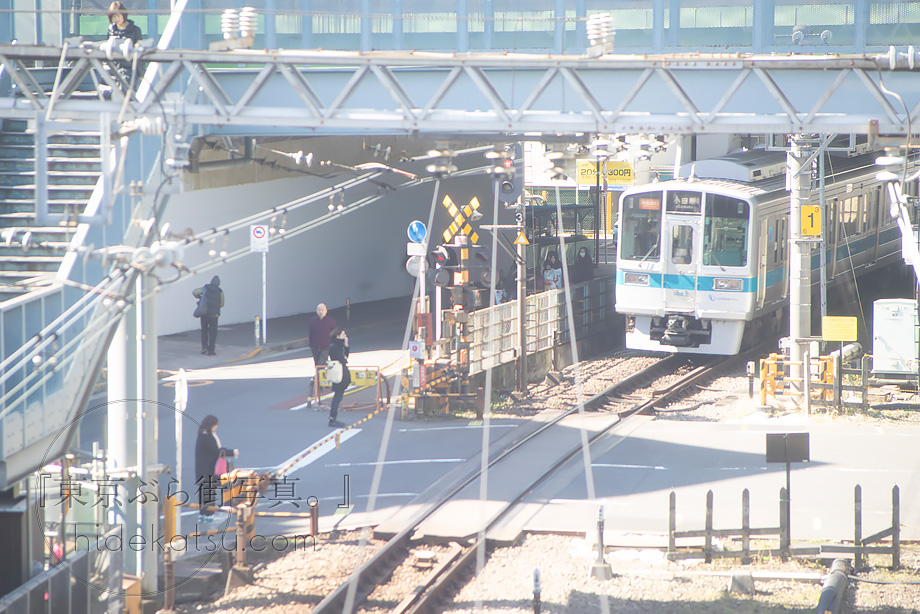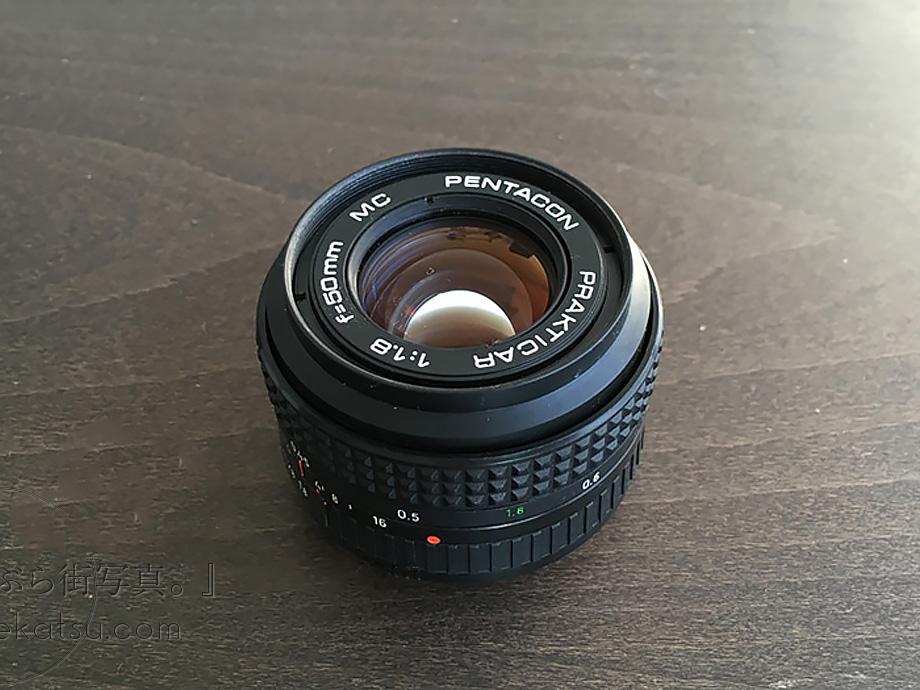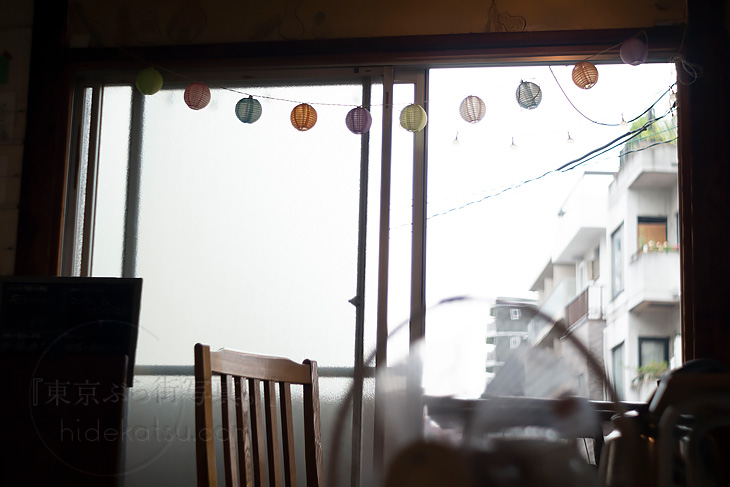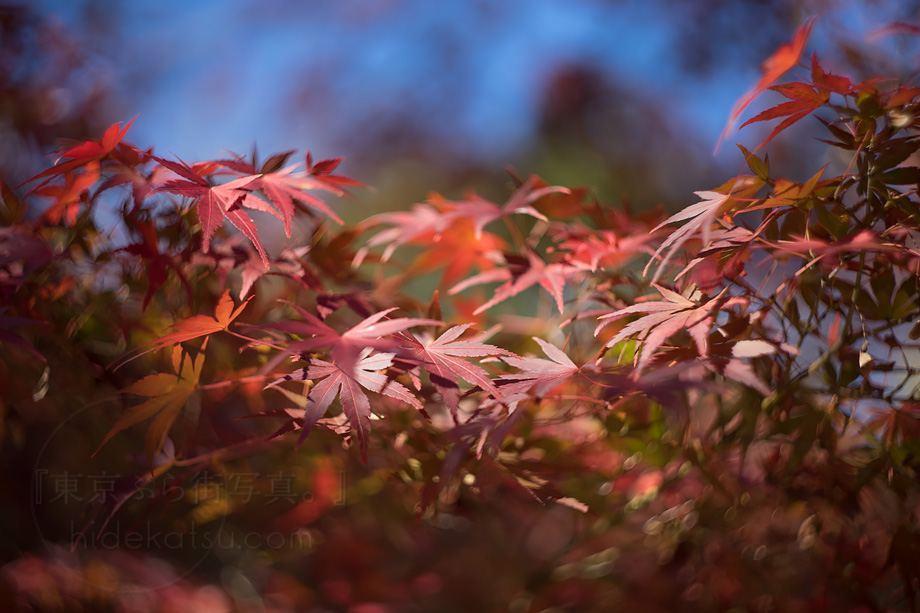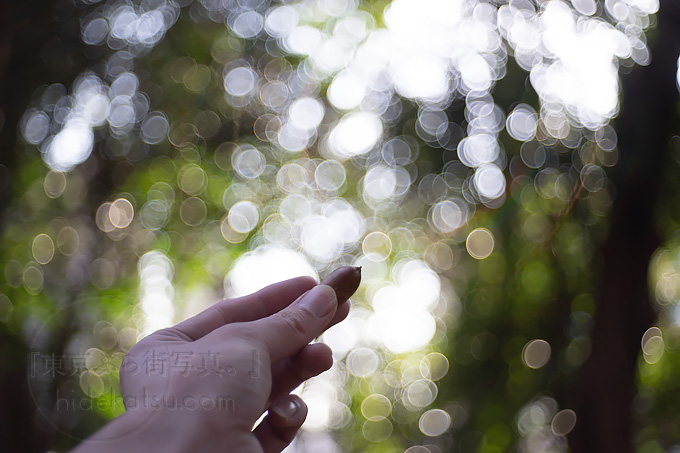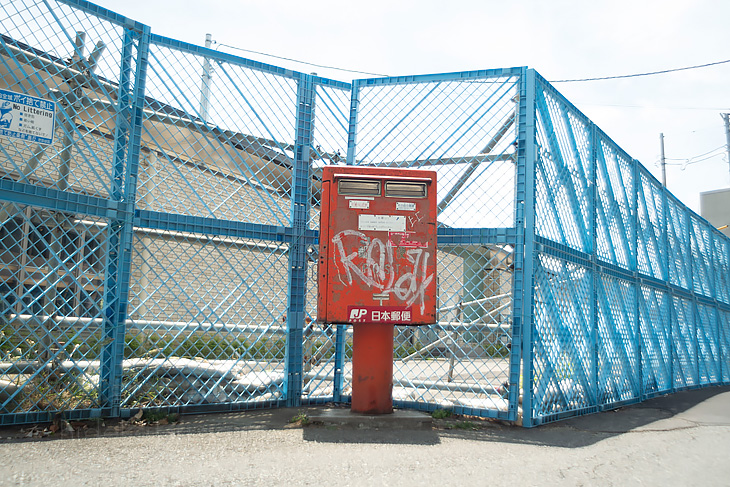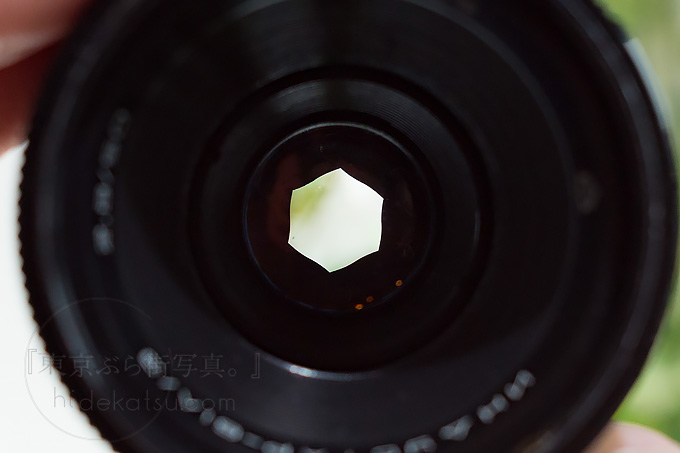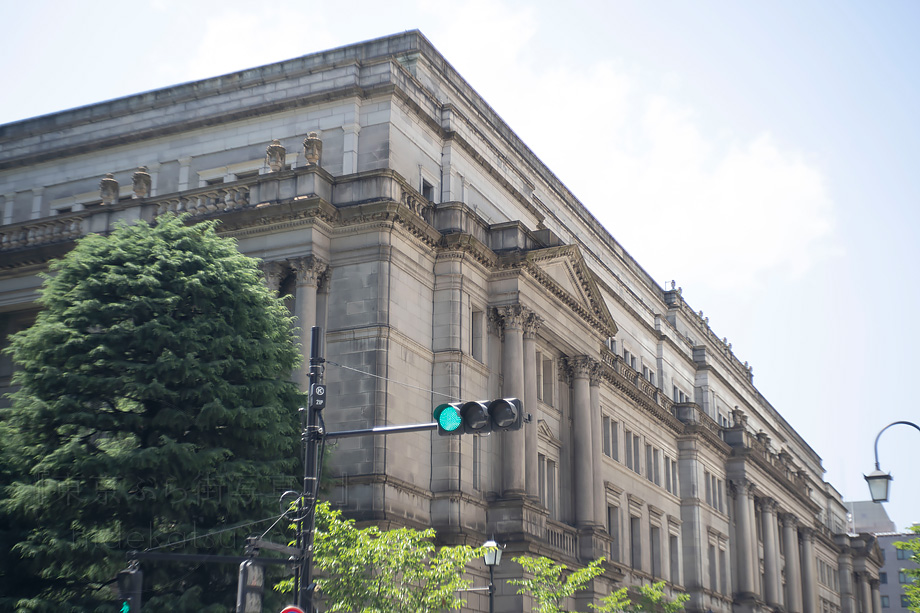25 Nov 2017神無月
Primagon F4.5 35mm of Mayer optik’s golden age in Chofu, Jindaiji
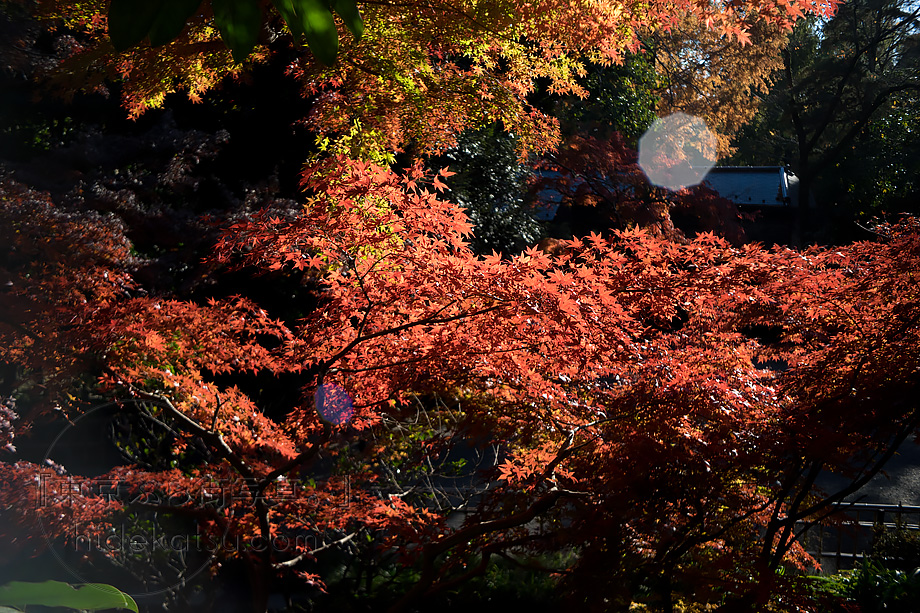
I think that the lens of the silver lens barrel from the end of the 50’s to the beginning of the 60’s, together with the evolving camera, became a bridge to the old lens golden age.
Lens Information
Meyer-Optik Görlitz Primagon 35mm F4.5
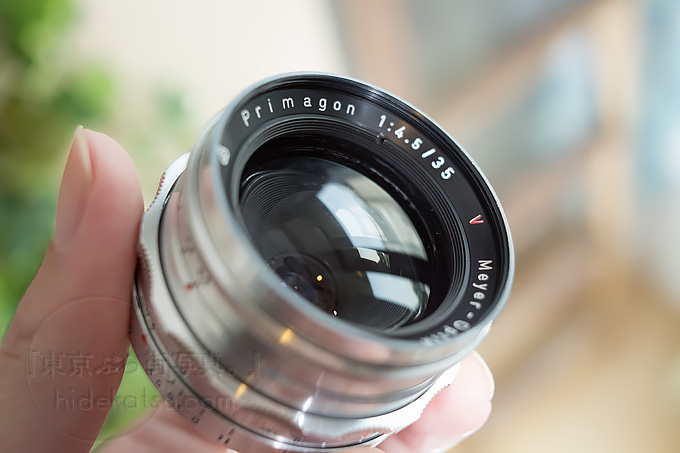
Meyer-Optik Görlitz seems to have had the era to line up with Carl Zeiss.
Actually, it seems that there are many lenses that show a wonderful depiction of lenses before being absorbed by Pentacon in the 1970s.
Primagon of this time seems to be a lens that a nice point of Meyer-Optik appears, and it is a depiction power which can not be regarded as a lens of about 60 years ago, such as sharp feeling, color riding, ease of handling etc.
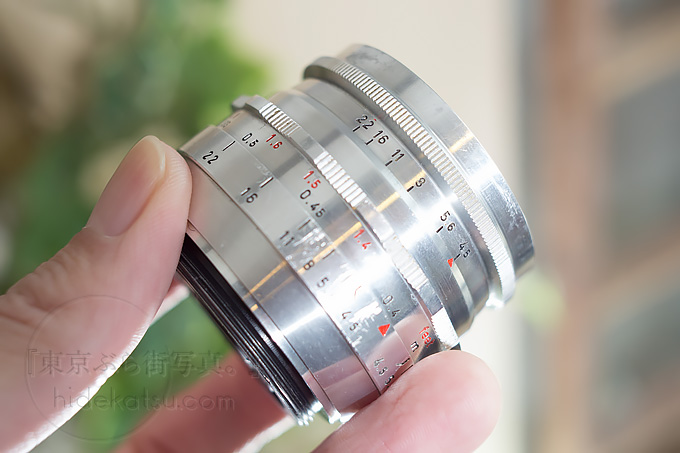
The short distance photographing is 40cm, the aperture is F4.5, a little to Zeiss Frettogon, but it is easier to handle compared with the same age wide angle.
With a quasi wide angle of 35mm, which is compatible with this town shooting, I tried walking around Chofu Shinkaiji temple where autumn leaves were good.
Today’s Agenda
– Exploring the capability of 35 mm in the silver barrel era of Meyer-optik
– Visit a few years ago and enjoy Fudoji temple which I wanted to take photos slowly again
Bokeh, color, drawing around the image
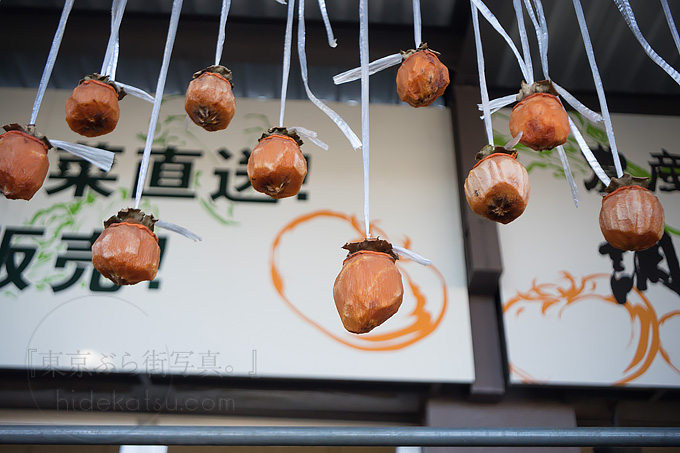
The shortest shooting distance is 40 cm.
I think that it is not the shortest shooting distance that you care if you do not need to be quite close.
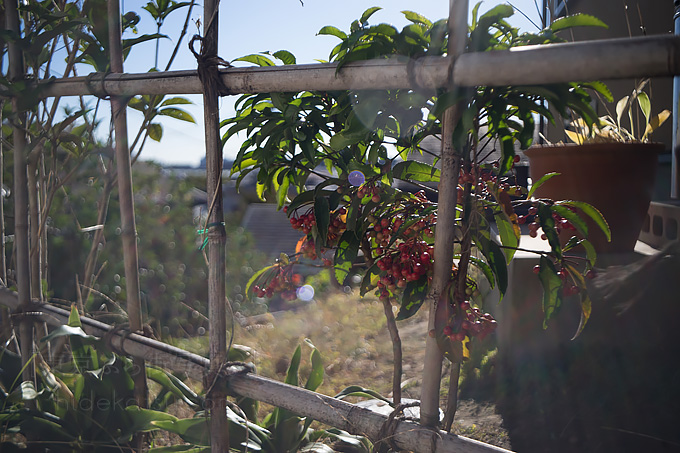
Even with an open aperture, it can withstand halation to some extent, so it is hard to become a white representation like a Russian lens.
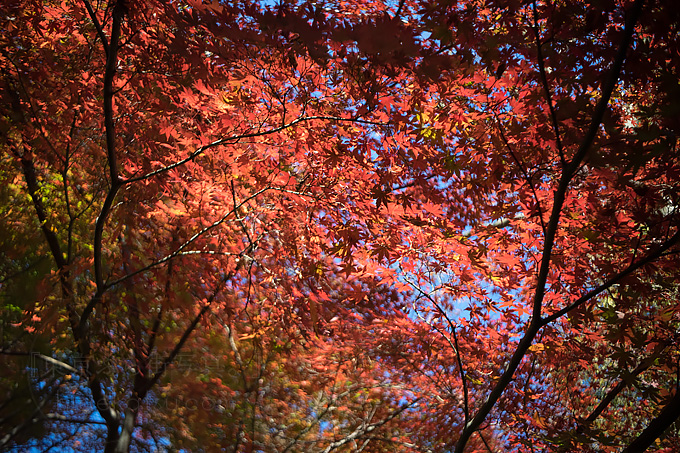
The color is very natural and good coloring.
Shooting with SONY α 7 RAW, there is no adjustment even on PC.
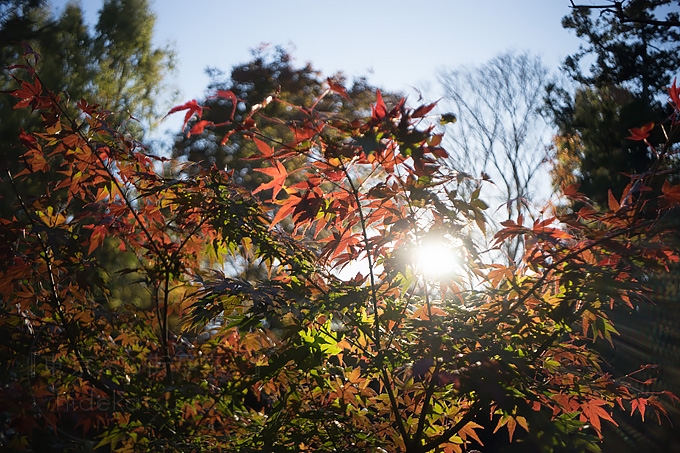
It is very compatible with colored leaves.
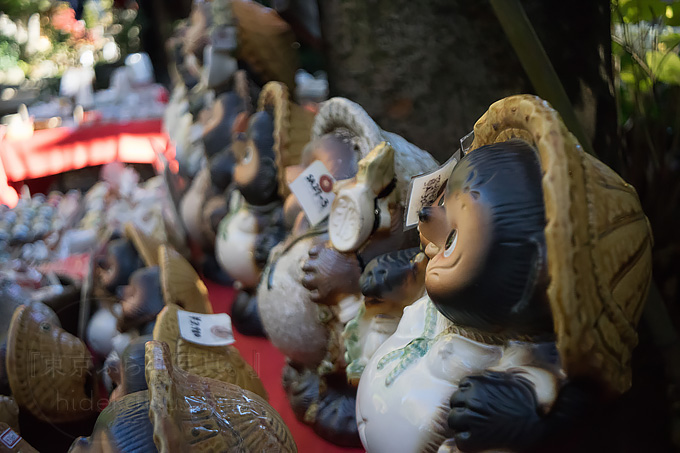
From the image of F4.5, it is quite a blurred impression.
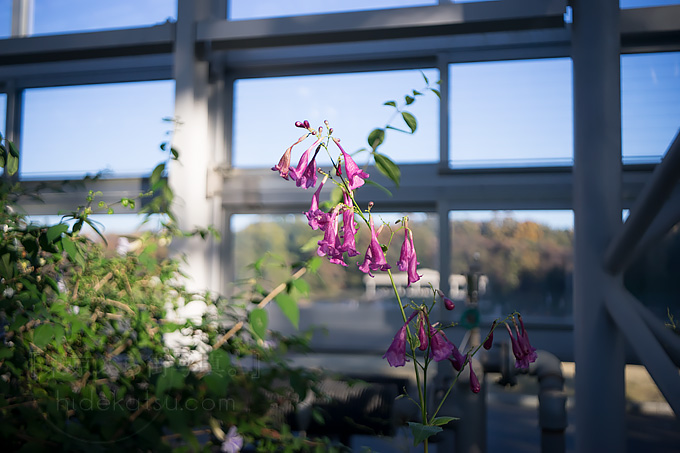
Dusk from the gaps in the building is a deep flavor with the vignette.
It might have been the best if the trees were colored with autumn leaves a bit more.
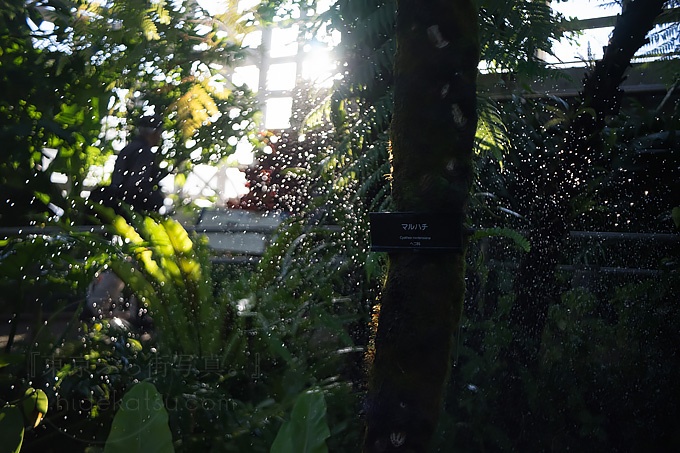
The flow of gradation from highlight to shadow, depiction power, distortion of blur is perceived and it seems like the old lens taste.
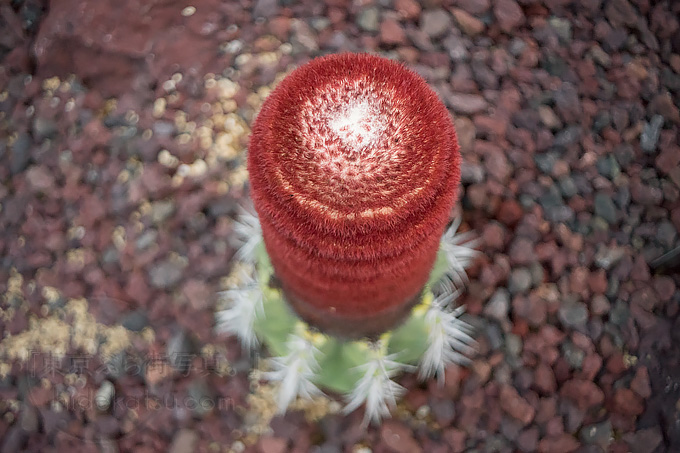
Here is a cactus.
It is a frame like a model as a representation of a blurred, swirly blurred stone in the background.
Sharp、resolution
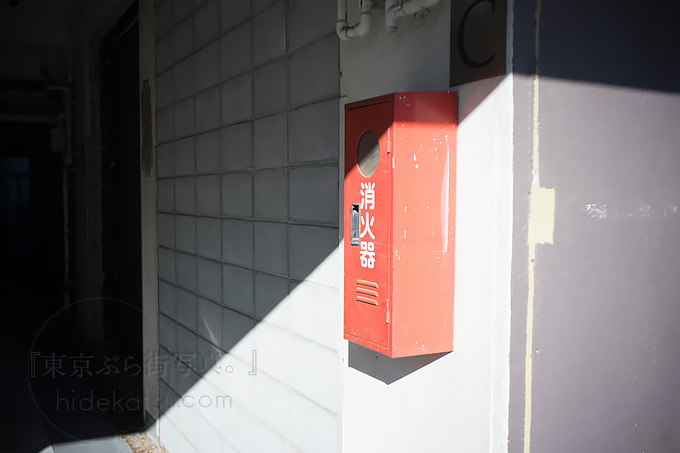
It is a sharp feeling which is comparatively standard.
The strong part of the sun has a neat sharp feeling
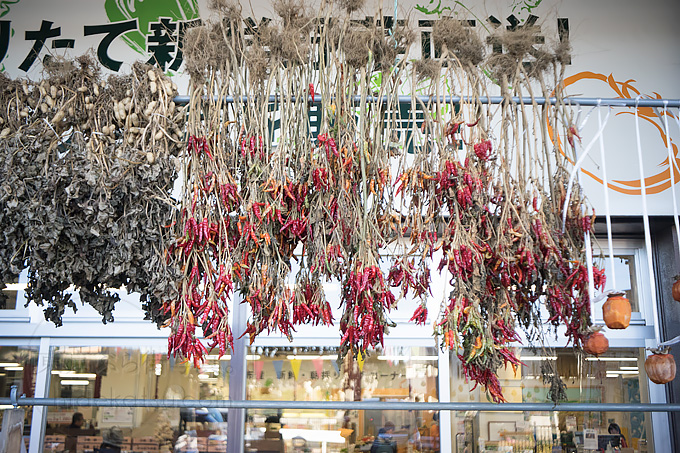
It may be that the atmosphere comes out a little more, but in the sharp sense that it is clear that the sunlight reaches red in red peppers in the shade.
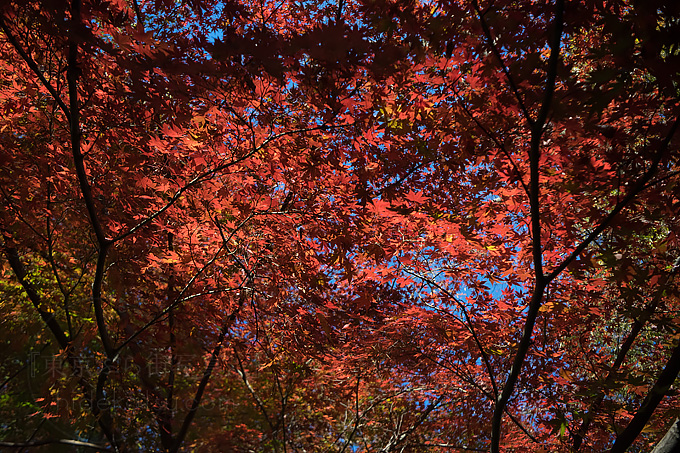
It is perfect for such a landscape.
Although there is no sharp feeling like a modern lens, I can feel the atmosphere of the leaves, I think the representation of contrast is appropriate.
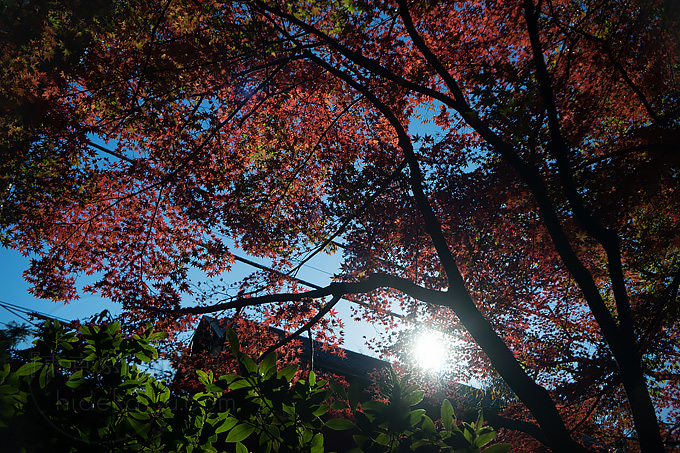
I think like a lens with a good taste different from Flektogon of similar spec.
I think that the expression on the highlight side is quite different.
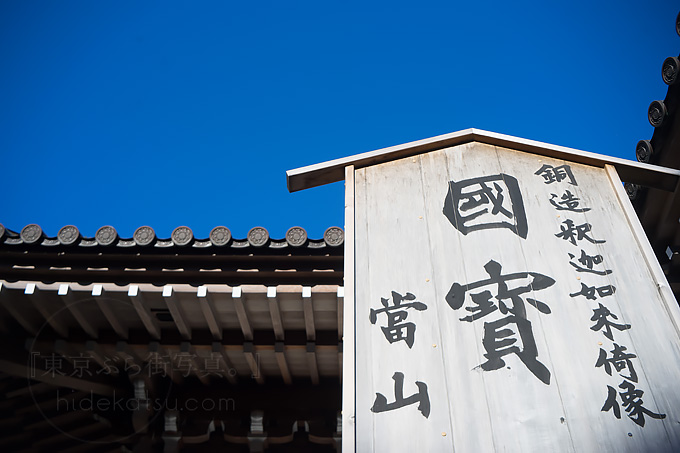
It is a wide-angle frame that feels wide spread.
Character resolution is not bad either.
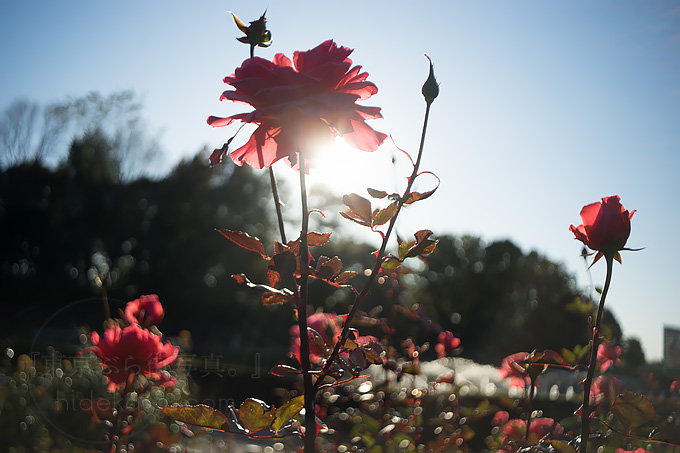
It is a lens that calms down to a good balance.
In general, I think that the aperture value of F4.5 which seems to be noticeable, on the contrary, stabilizes the description.
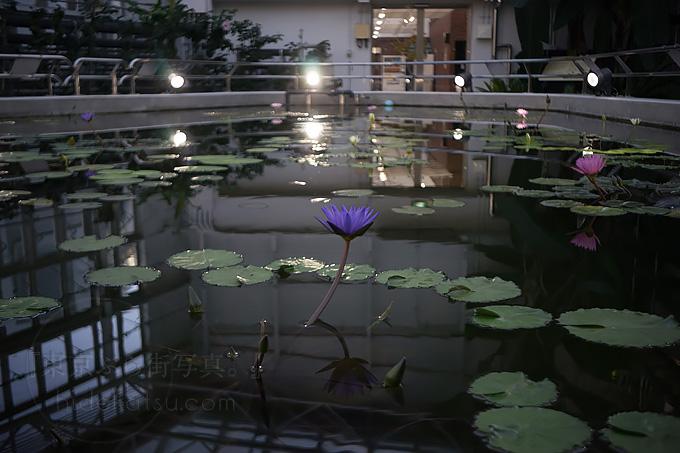
Even if I think that it is possible to express the surface of the water if there is a slight difference in light and darkness, I think that this is the limit for drift with this lens.
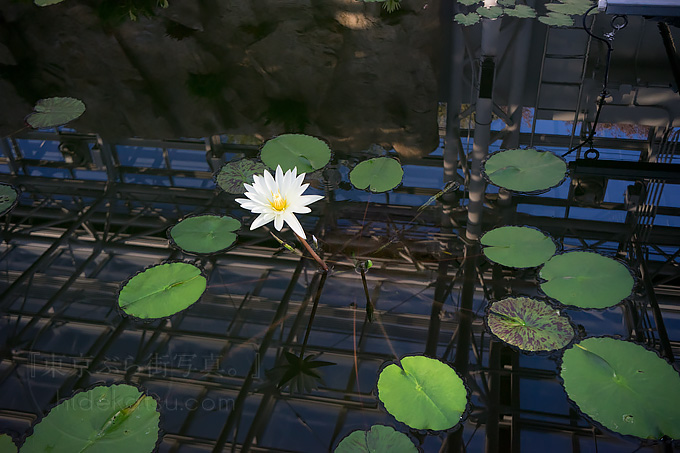
Here the light from the roof helped express the sharpness of the water surface.
Reference at the time of purchase
Meyer-Optik Görlitz Primagon 35mm F4.5
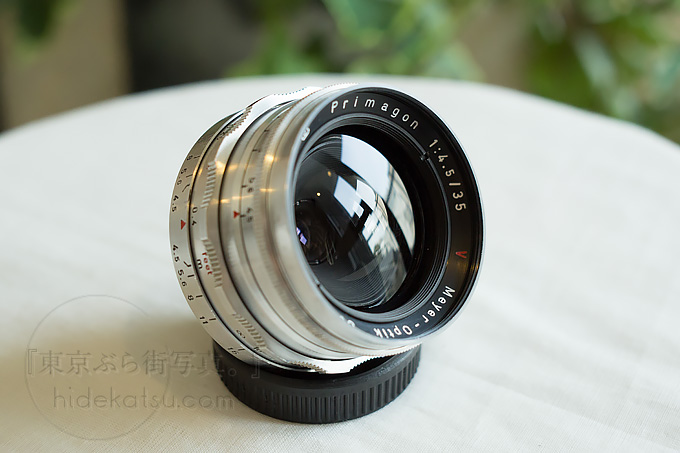
M42, Minimum Distance 40cm, 1958 year, Blade 10, 4group 4th, filter 49mm。
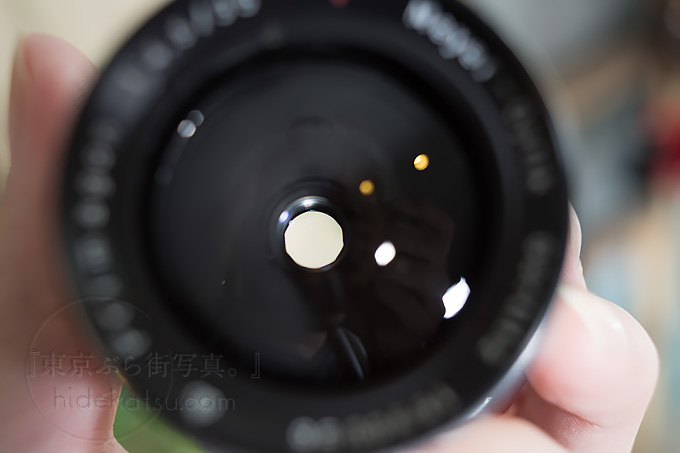
In my opinion, such as Primagon and Flektogon, it seems that there are many cases that the lenses are beautiful for some reason, such as a large lens on the front side and a small lens on the back side.
It is supposed to be easy to get hurt.
However, it seems that we often see helicoids that are stiff and diaphragm broken, so it seems better to check the mechanical aspects of that area well.
eBay Price,
It is about $100 to $200 include shipping cost.
Honesty It seems that the lens of Meyer is not so popular in Japan.
Walking around
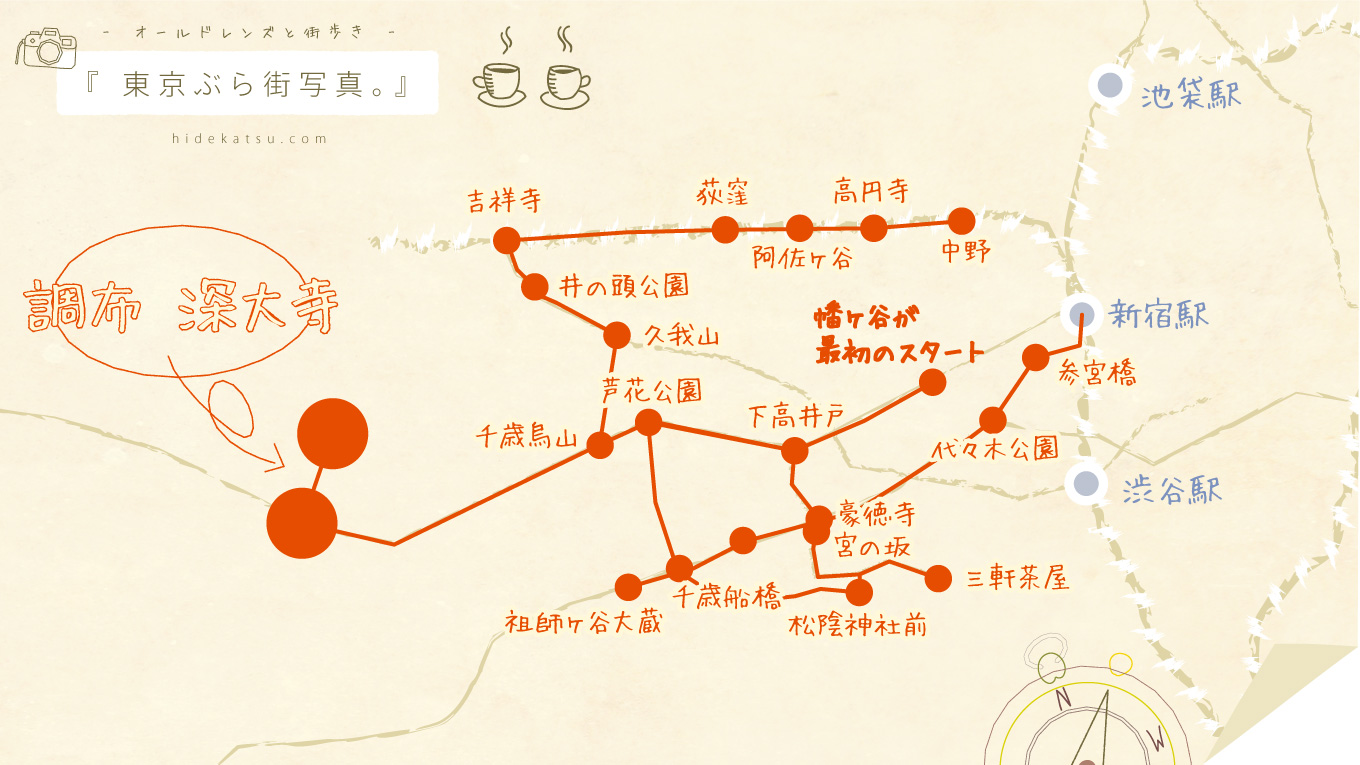
“Chofu Jinnaiji Temple” town recommendation degree★★★★☆=4
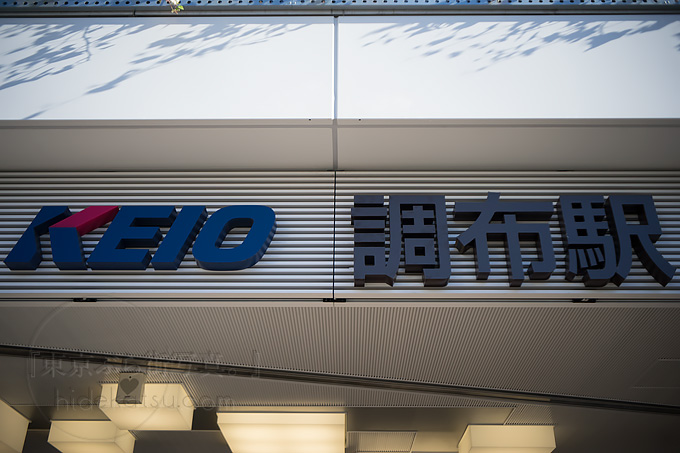
Today I came up with a quick train and it is an unexpected early chofu station.
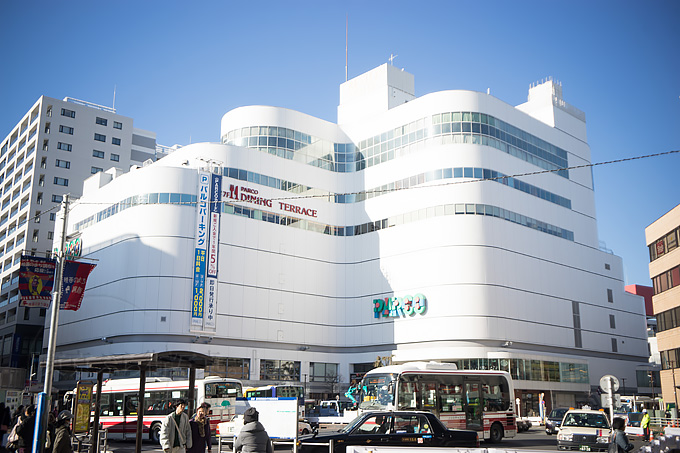
It is not a city that I have visited so many times, but every time I came this was it? I think that the actual landscape seems to have changed, it seems that recent years have seen remarkable progress, such as the creation of BIC cameras and the creation of movie theaters.
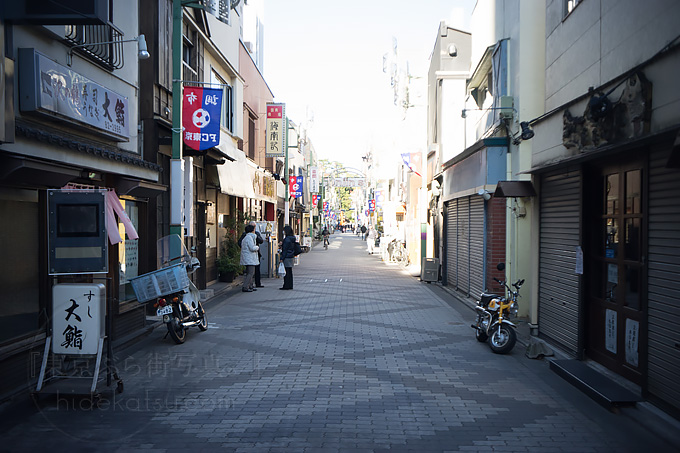
Still there seems to be an old shopping street beside the station front, and tourist resources may be a well – balanced satellite city in a well – balanced state.
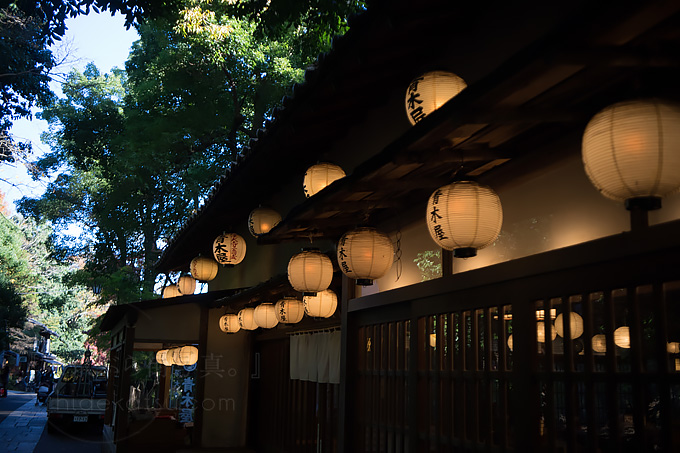
And to the main destination, Jindaiji.
I used to come with my camera colleagues and wanted to come back again.
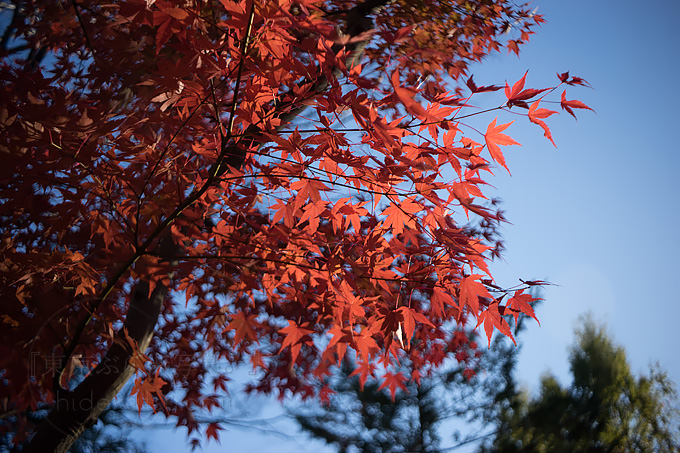
Moreover, it seems that you can also see autumn leaves, so I adjusted the timing.
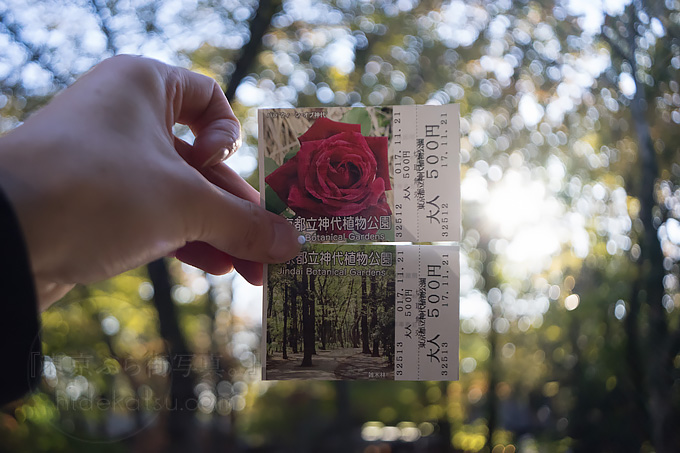
I also challenged the deity park in the back of Jindaiji where I did not have time before.
I am slightly moved by the fact that the picture is different for each ticket.
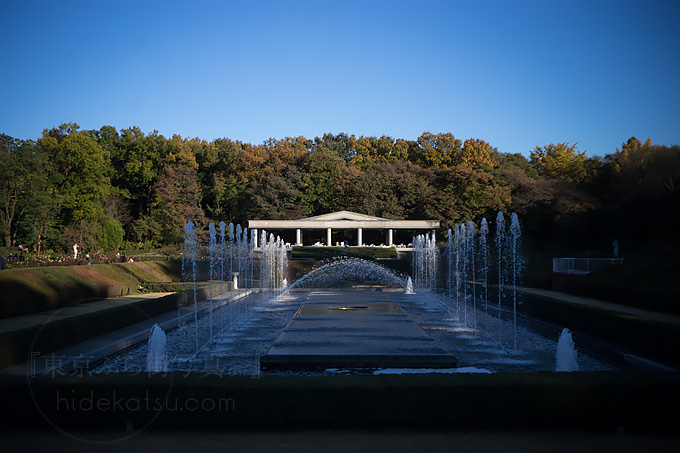
There was only a charged park, it was a care garden, and the rose garden seemed to be a photographic spot, and a lot of photographers.
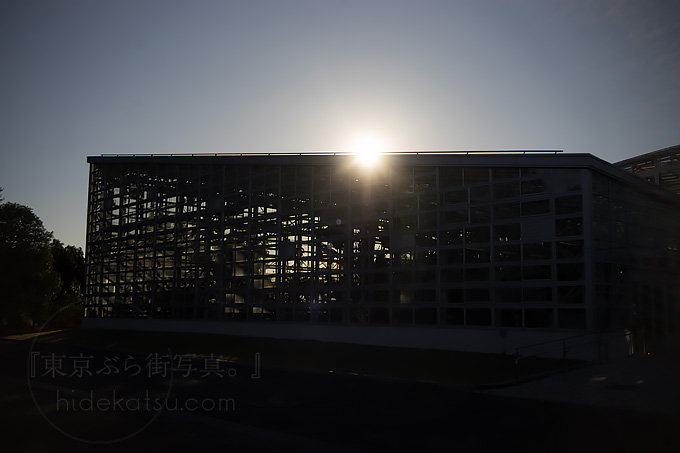
There is even a fine botanical garden.
It is warm and a place to rest and I feel like traveling rather than walking around town.
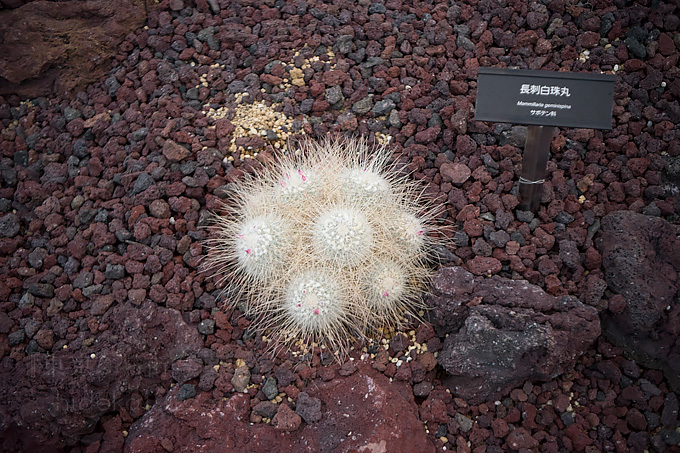
In Nausicaa of the Valley of the Wind there was a cactus that seems to be only a spores of corrosive sea.
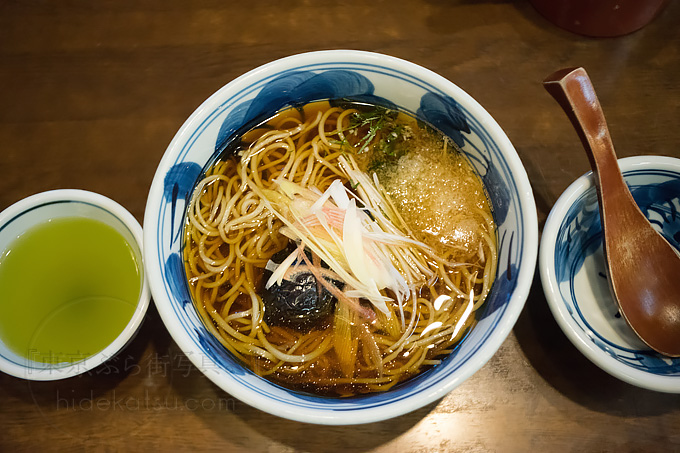
And the end will be “buckwheat”, we say “Soba”.
It is tasty different in taste. It is recommended.
About camera
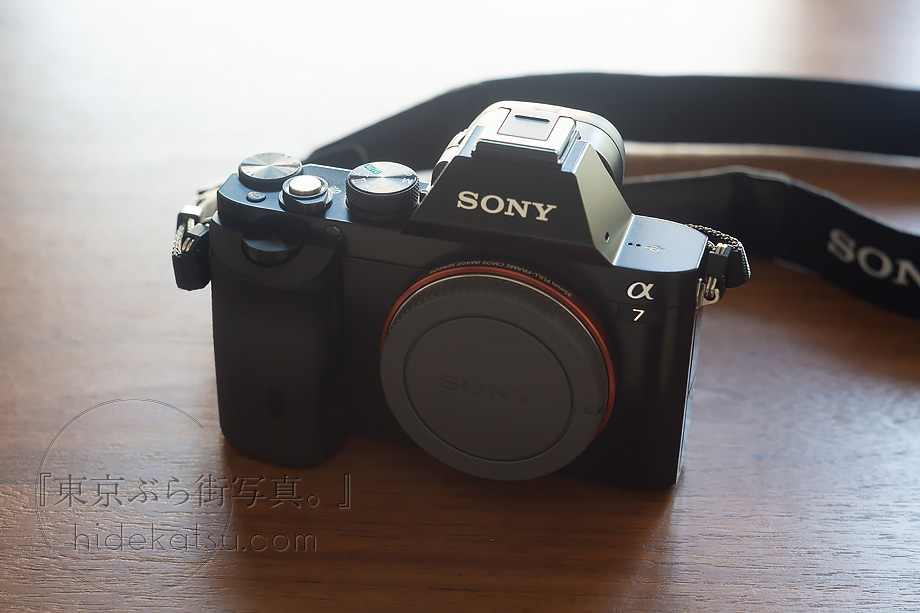
Camera : SONY a7
Aperture : F4.5 – F8.0
Shutter speed : almost 1/1000 or 1/400
Image quality : raw
About Mount
[us_mountSelect something="M42_NEX"]Supplement
Meyer-Optik also has a wide-angle lens called Orestegon 29 mm.
It seems to be about 10 years later of Primagon this time, but this lens is also a common lens. → Meyer-Optik Görlitz Orestegon 29mm F2.8 in Ogikubo
Similar lens posts

